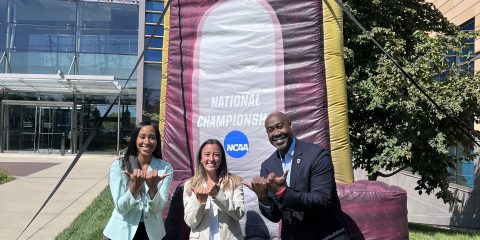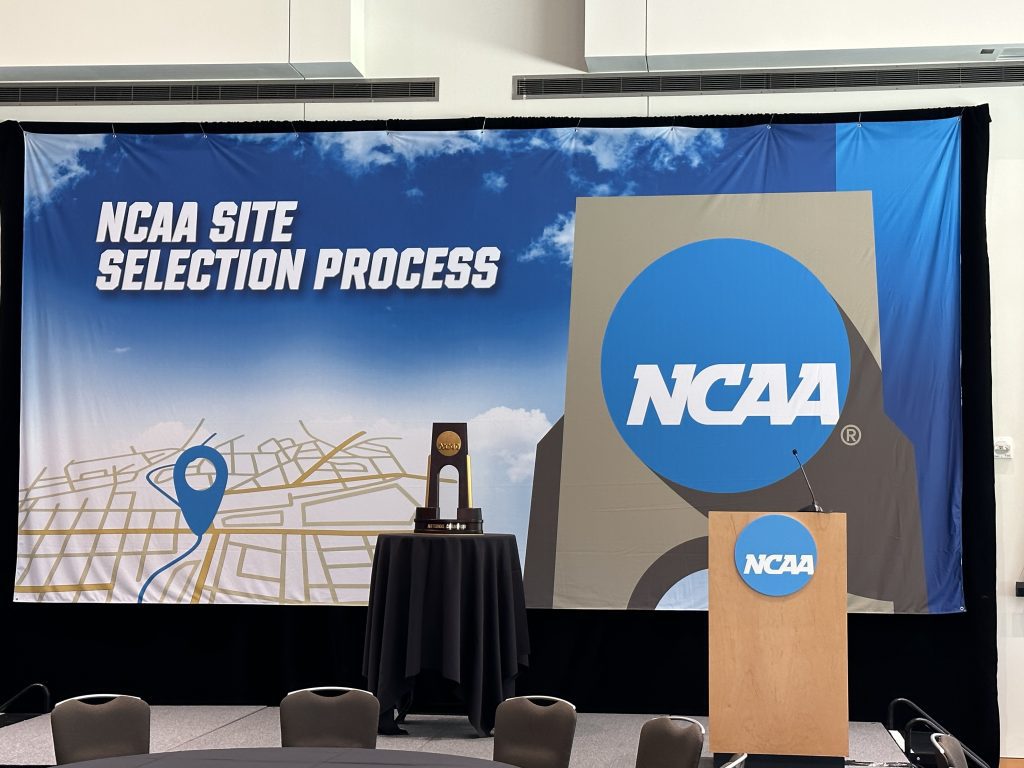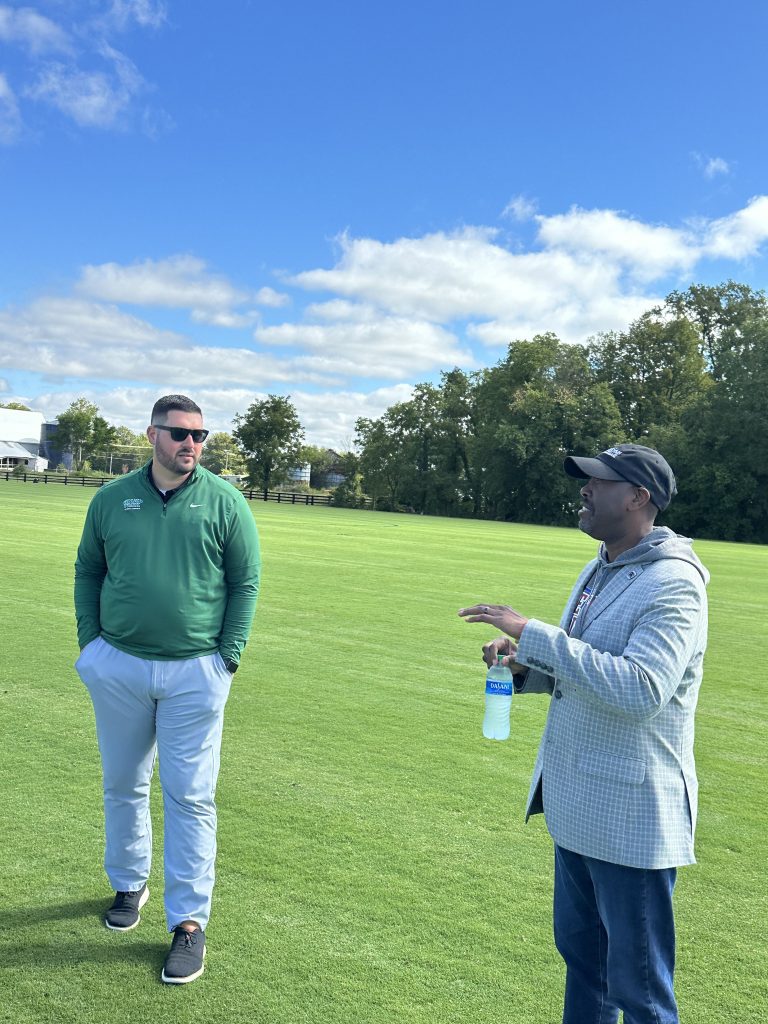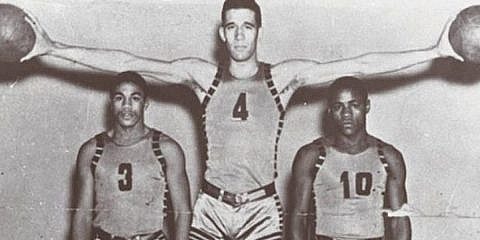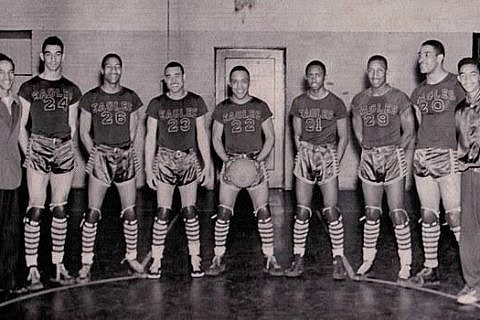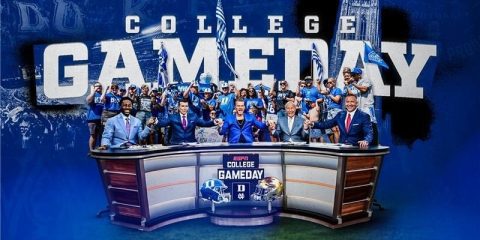
ESPN announced that College Gameday is heading to Durham for Duke’s matchup with #11 ranked Notre Dame. The Blue Devils are off to a historic 4-0 start to the season, including their first win against a Top 10 opponent since 1989 and their highest AP Ranking (17) since 1994.
While the basketball equivalent has been to Duke more than any other school, this will be the first time since they took their show on the road in 1993 that the College GameDay crew will make their way to Durham for football. Celebrating its 36th year, GameDay is a college football staple that averages 2.2 million viewers every Saturday morning.
The iconic pregame show goes beyond the football analysis and trademark fan created signs. College GameDay not only brings attention to the team and to Duke University, it also provides a platform for Durham to showcase its spirit and its culture. It’s a testament to Head Coach Mike Elko and the Duke student-athletes for all their hard work in making Saturday a historic day for Durham and for Duke.
GameDay Details
College GameDay starts at 9:00 a.m. and runs until the first games of the day kick-off at noon. It will be held in Abele Quad in front of Duke Chapel. Parking opens at 6:00 a.m. and the GameDay gates open at 6:30 a.m. You won’t want to miss this historic day in Durham. Check out the full schedule for the day here.
If you are visiting from out of town for what is undoubtedly going to be an exciting day for Durham, check out this webpage with information on where to stay in Durham.
And if you can’t make it to the game, but want to be a part of the excitement, check out this blog post on the top sports bars in Durham.
GameDay Recap
While the game didn’t turn out the way we wanted, the Blue Devils fought hard, falling to the Fighting Irish 21-14 in the final seconds late on Saturday night. Despite the loss on the field, it was a victory of a day for the program, Duke University and for Durham.
According to ESPN PR, an average of 1,683,000 viewers and 2.2 million in the final hour tuned in to watch the 4,500 fans packed into Abell Quad. From Head Coach Mike Elko, to Durham’s Moe’s Original BBQ, to the hilarious Ken Jeong, the GameDay experience in Durham was clearly a hit. But that’s no surprise.
On top of that, ESPN PR also announced 5.5 million viewers tuned into the game on Saturday night. Not only was it the highest viewed game on the ESPN family of networks on Saturday, but it was the most viewed ABC Saturday Night Football game of the season so far. If that wasn’t enough, the 40,768 fans packed into a sold out Wallace Wade Stadium marks the highest attendance since 1989.
Safe to say all eyes in the sports world were on Durham on Saturday. We plan on keeping it that way.
*Edited on 10/3/2023
